I thought this was an interesting use of facial recognition software, especially given the current state of affairs surrounding privacy. It’s a work of art by Shinseungback Kimyonghun called Cat or Human:
Human faces recognized as a cat face by a cat face-detection algorithm. Cat faces recognized as a human face by a human face-detection algorithm.
The facial recognition (human and cat) was done using open source software. (Kittydar and OpenCV).
Fingerprint: 0AD004747771F001F0F9946B30530754
No related posts.
 Silent Messages
Silent Messages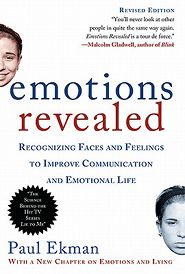 Emotions Revealed
Emotions Revealed What Every Body is Saying
What Every Body is Saying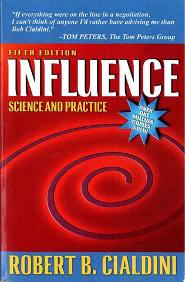 Influence: Science and Practice
Influence: Science and Practice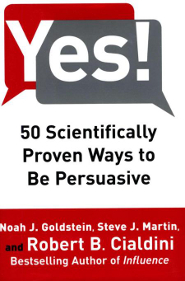 Yes!: 50 Scientifically Proven Ways to be Persuasive
Yes!: 50 Scientifically Proven Ways to be Persuasive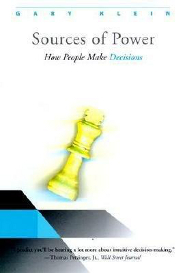 Sources of Power: How People Make Decisions
Sources of Power: How People Make Decisions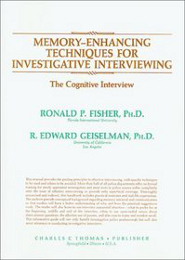 Memory-Enhancing Techniques for Investigative Interviewing: The Cognitive Interview
Memory-Enhancing Techniques for Investigative Interviewing: The Cognitive Interview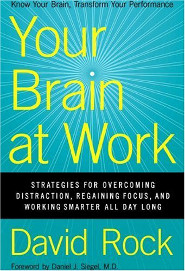 Your Brain at Work
Your Brain at Work